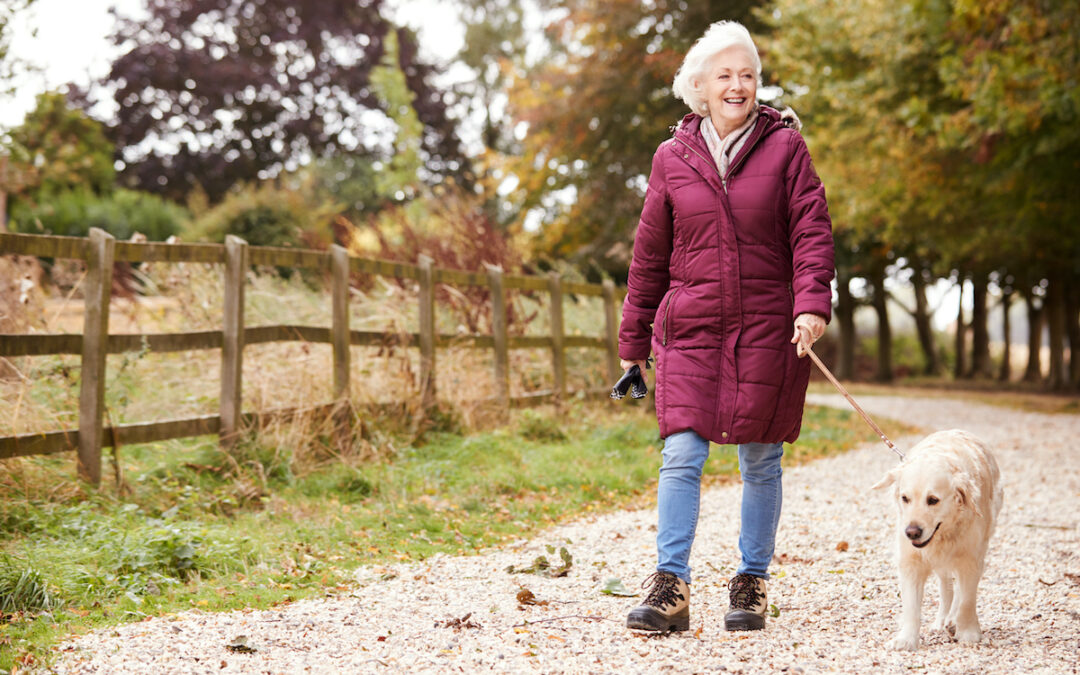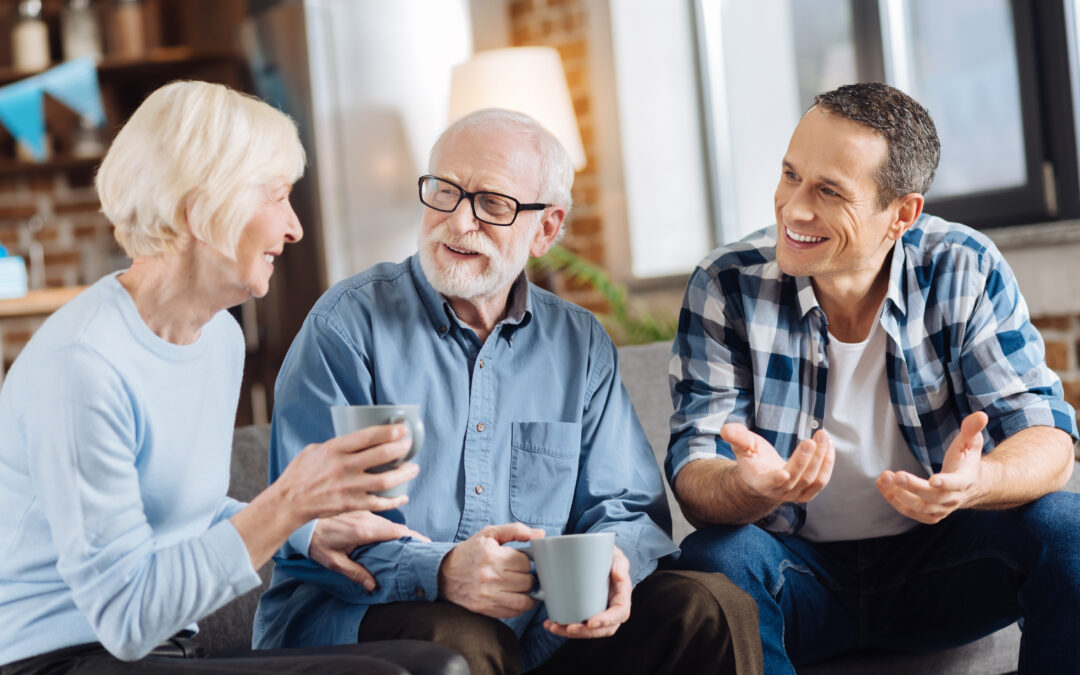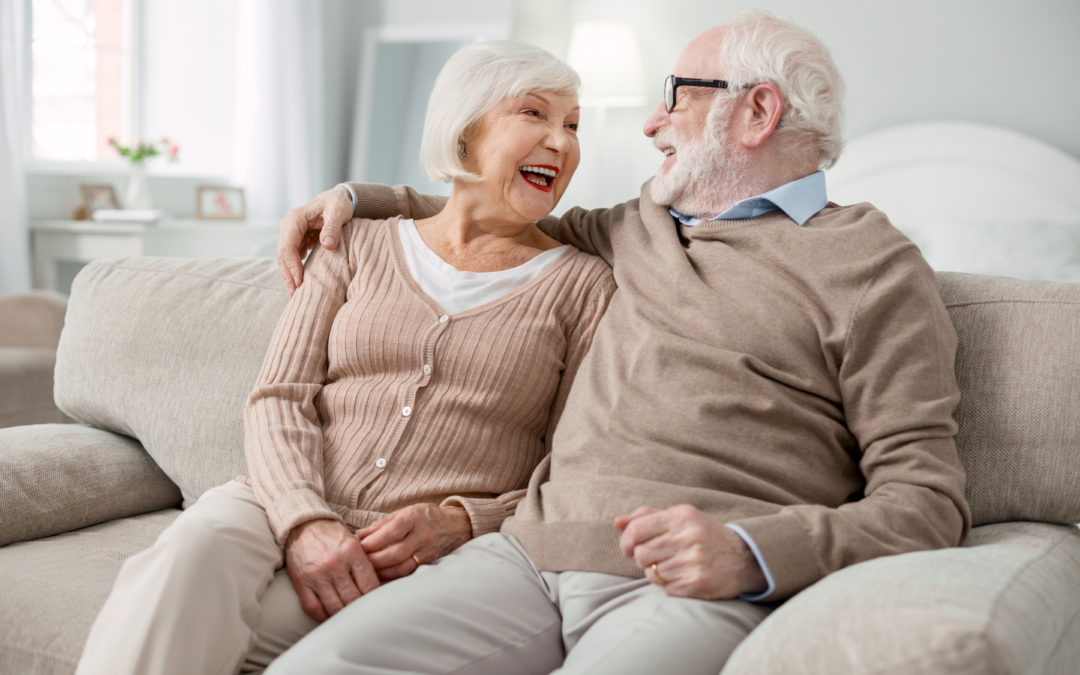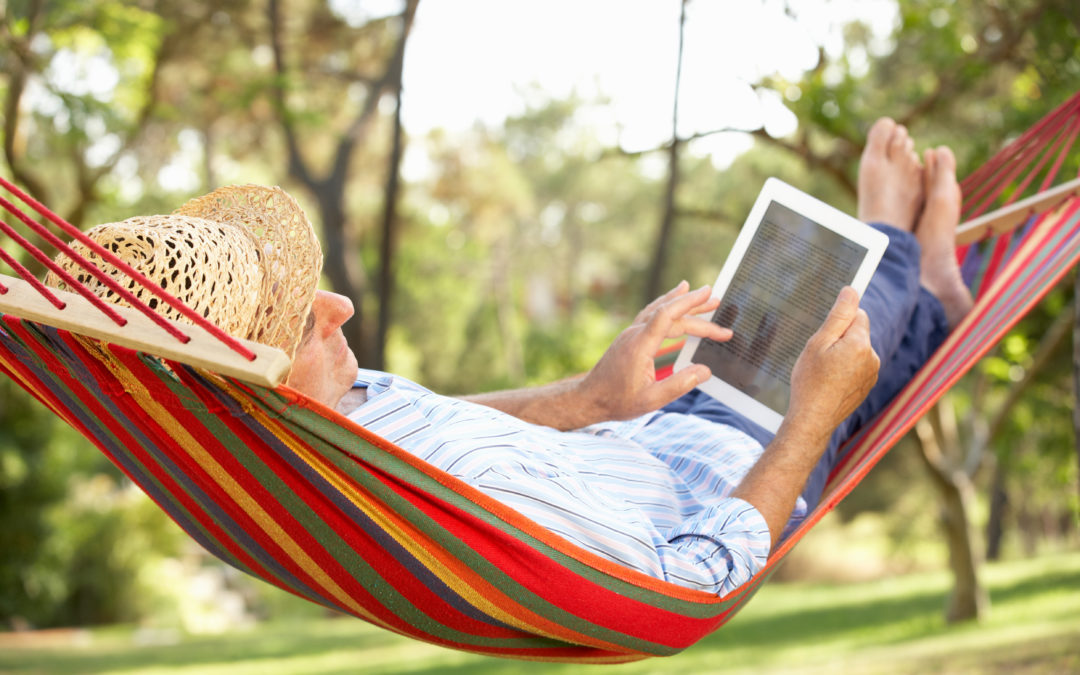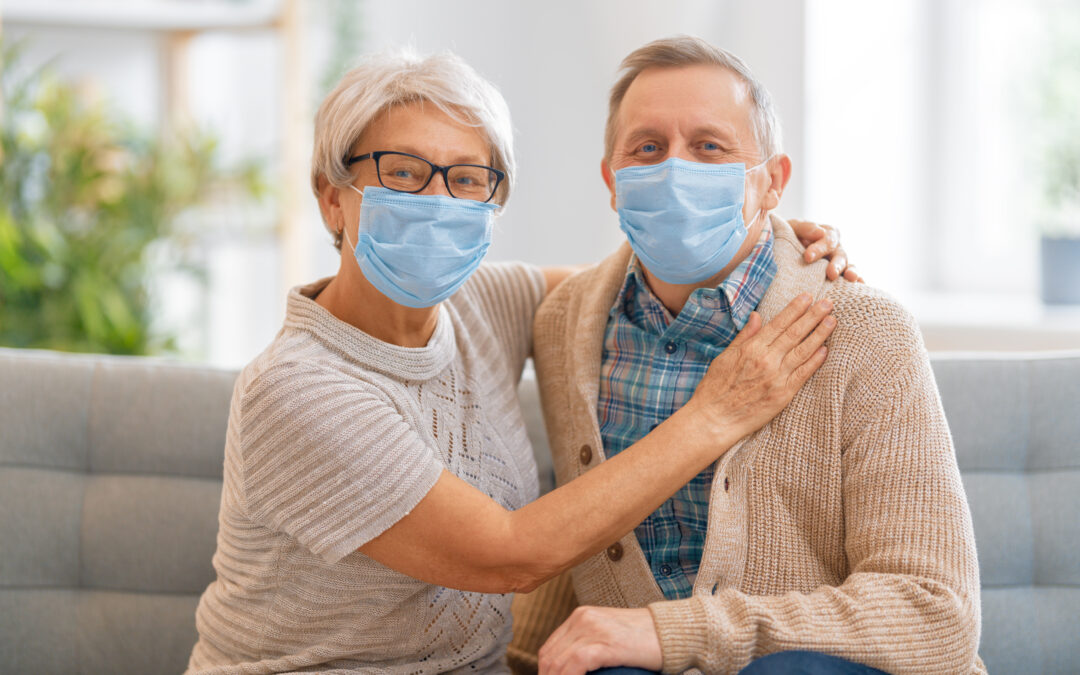
5 Things to Consider When Helping a Parent With Dementia Move to Assisted Living
5 Things to Consider When Helping a Parent With Dementia Move to Assisted Living
Deciding when it’s time to consider moving your parent(s) into an assisted living community can be challenging, especially if you notice if they are beginning to develop signs of dementia that may make his or her daily life harder or even unsafe.
Here are 5 ways based on our experience, that you can help your parent(s) choose a safe and welcoming community that meets his or her needs and make the transition to assisted living a little easier!
Early Signs of Dementia to Look For
Knowing the early signs of dementia, a general term that addresses the loss of memory, language, and similar concepts, can help you identify when continuing to live without assistance may no longer be the best option.
Although the early stages of dementia can vary significantly and do not necessarily indicate that your parent cannot safely live at home, when you see signs of dementia progressing and significantly impact your parent’s life, it may mean it’s time to step in. Some of the most common things to look for include short-term memory problems, limited social skills and problems keeping track of belongings, bills, meals, and appointments.
Start the Conversation Early
Discussing moving a loved one with dementia to an assisted living community that offers memory care programs and services sooner, rather than later, can help you and your family get an idea of your parent’s preferences before his or her memory loss makes having a clear conversation challenging. Having this conversation as soon as you start to notice signs of dementia gives everyone who will be involved in the process time to make decisions that meet your parent’s needs.
Consider Communities That Offer Memory Care Services
Choosing a memory care community that specializes in creating a structured environment for residents with dementia instead of a traditional assisted living community can improve your parent’s quality of life. These communities provide set routines to make life easier and less stressful for residents with significant memory loss, in addition to assisting with day-to-day tasks.
Choosing a memory care facility near you that specializes in creating a structured environment for residents with dementia instead of a traditional senior living/assisted living community can improve your parent’s quality of life. These memory care communities and their care teams provide set routines to make life easier and less stressful for residents with significant memory loss, in addition to assisting with day-to-day tasks.
Visit the Community With Your Parent
While the current landscape has made health concerns even more so top of mind, visiting communities safely is still an option. When discussing joining a new community, keeping your parent(s) involved throughout the process and taking their preferences to heart can reassure them that you have their best interests in mind.
Taking a live virtual tour of the community you are interested in with your parent(s) allows for exploring the layout, discovering amenities, meeting staff members, and discussing any financial concerns you may have.
Make the Move as Simple as Possible
Moving isn’t always easy, but careful planning can help make the process less stressful for you, your parent(s), and any other family members or friends involved. Choosing the time of day when your parent is the most alert and mentally present, often around noon, can help to reduce confusion and give your parent the best chance to adjust to their new environment. Deciding which belongings to bring to make your parent’s new community feel like home in advance and making a plan for what to do with the rest, including your parent’s home, can help you feel less rushed on moving day.
Getting Started
At Nye Health Services, we know that deciding when it’s time to start considering assisted living options for your parents isn’t always easy, and we are here to help guide you through the decision making process.
If you’ve noticed signs that your parent may be developing dementia or another type of memory loss that is interfering with his or her daily life, now is the time to start considering your options. Contact us today to learn more about our memory care services or to schedule a tour of any of our communities!
Nye Health Services – Assisted Living Community & Memory Care Norfolk, NE
Nye Health Services was established in 1989 on the philosophy that older adults deserve services that recognize the individual and are tailored to their unique needs. As a company, we do not aspire to be the largest, instead, we aim to uphold our mission by providing award-winning health services that make our residents feel genuinely cared for and connected while realizing life’s joy.
For more information about our Memory Care Services and to schedule a visit, please visit our Memory Care Services page or contact us directly. At The Meadows, we are dedicated to helping individuals live each moment to the fullest, fostering a sense of purpose and connection in their lives.

